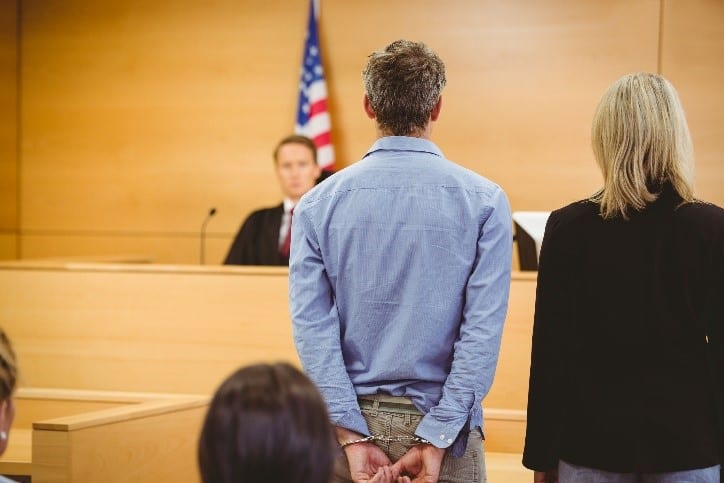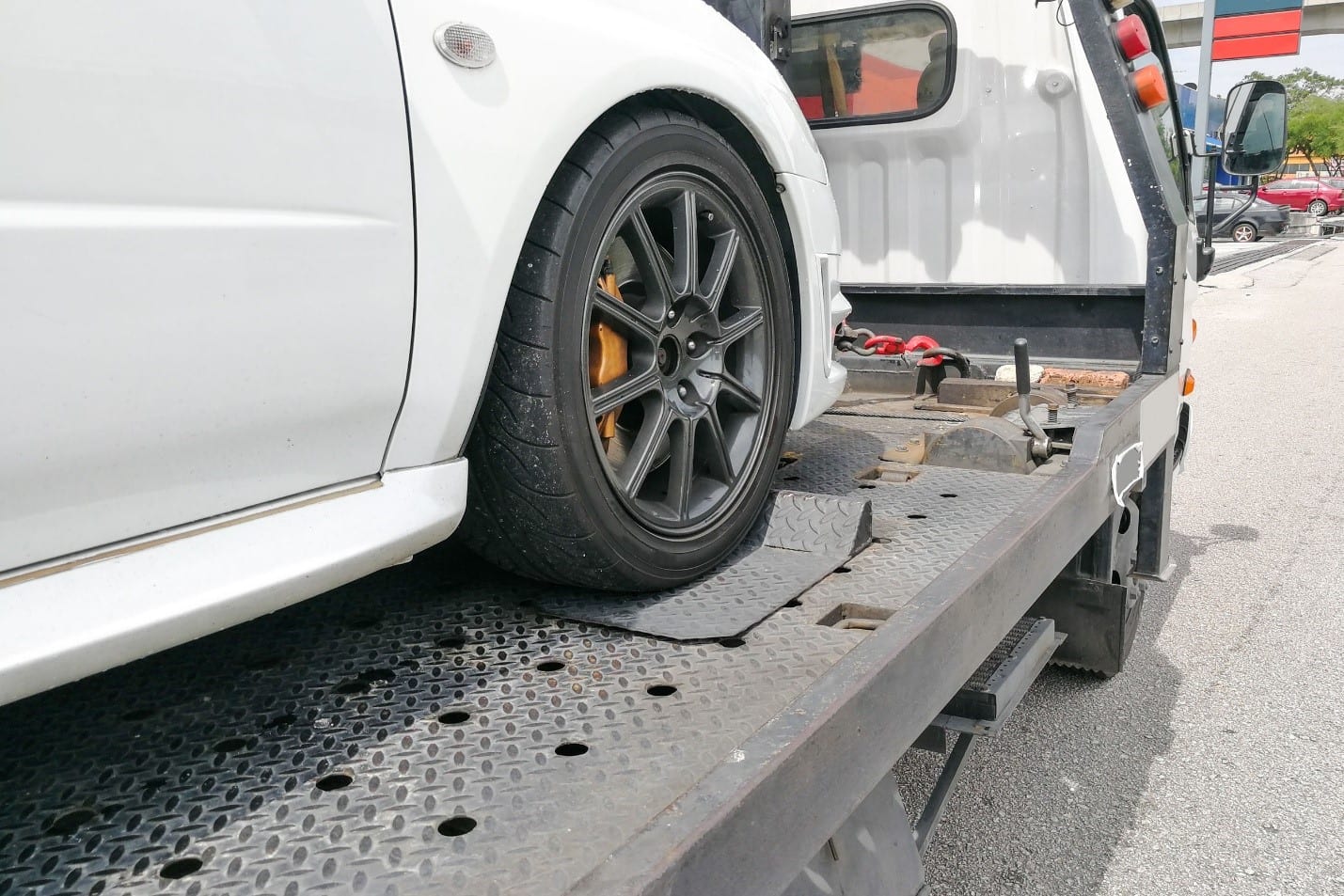If you were recently arrested and charged with DWI in North Carolina, you are probably wondering what happens next in the process. In this post, we will outline the steps of a DWI case for you and advise you on what to do next.
Your Arraignment
The first step after the arrest is your arraignment. This is a court hearing where a judge will read the charges against you. You will be asked to enter a plea. In most cases, your attorney will advise you to enter a plea of “not guilty.”
The judge will set your bail amount and possibly release you without any additional bail payments. Then your attorney will receive evidence on your case, including blood alcohol test results, police reports, and other important documents. The judge will set new dates for your preliminary hearings and your trial.
The Preliminary Hearing
This is when the prosecutor lays out the evidence against you. The prosecution will try to present enough evidence to convict you for driving while intoxicated. The judge will decide whether the evidence is sufficient to move forward.
Plea Bargaining
Depending on the unique details of your case, your attorney may be able to negotiate a deal for your sentencing. Your sentence may be reduced to a lower charge, or you may be asked to plead guilty to receive a lower sentence than you would if the case proceeds to trial.
The Pre-Trial Motions
Your attorney can file motions, or requests, to keep some evidence from going to trial. Typically this involves incriminating statements you made when you were arrested. It may also involve physical evidence like alcohol bottles found in your vehicle.
The Trial
If your case makes it to trial, a jury selection process will occur. Then both the prosecution and your attorney will make opening statements, which will detail the kind of evidence that will be presented. Witnesses will provide testimony, and they will be cross-examined.
Your attorney may ask the judge to dismiss your case if the prosecution has failed to produce enough evidence against you.
Both attorneys will make closing statements that sum up their arguments. The jury will go into deliberation, and then deliver a verdict.
The Sentencing
If you are found guilty, the sentencing process will begin. There are a number of things that can potentially happen:
- You may be required to stay in jail for a certain amount of time, longer if someone was injured or killed in the accident.
- You may be required to pay a fine.
- You may be placed on probation or a restricted sentence which limits your activity and movement.
- You may be assigned to a certain number of hours of local community service.
- The judge could refer you to an inpatient or outpatient rehabilitation program. You might be assigned to a counselor as well.
- The judge may issue an order for an ignition interlock system to be installed in your vehicle, which will prevent you from driving if your blood alcohol content is over a limited level.
- Your driver’s license may be revoked or suspended for a certain period. You also may be restricted on where and when you are allowed to drive, or ordered to pay for special driver’s insurance for a certain period of time.
North Carolina DWI Penalties If You are Convicted
Here are the general guidelines for the five levels of misdemeanor DWI charges.
- Level V: Maximum fine of $200; jail for 24 hours to 60 days; 24 hours community service; license suspended 30 days
- Level IV: Maximum fine of $500; jail for 48 hours to 120 days; 48 hours community service; license suspended 60 days
- Level III: Maximum fine of $1,000; jail for 72 hours to six months; 72 hours community service; license suspended 90 days
- Level II: Maximum fine of $2,000; jail for seven days to 1 year.
- Level I: Maximum fine of $4,000; jail for 30 days to 2 years.
A felony DWI charge applies for three prior convictions within seven years. It carries a mandatory sentence of one year in jail and admittance to a substance abuse program.
Repeat DWI offenders can have their vehicles seized by the state at the time of arrest. Upon subsequent conviction, the vehicle may be forfeited to the county.
As you can see, this process is complicated and the consequences of a conviction are quite severe. Your best chance at a positive outcome is to have an experienced attorney working with you right from the beginning. Call today for your free case review.
About the Author:
Jan Elliott Pritchett?is Managing Partner at the Law Firm of?Schlosser & Pritchett?and one of North Carolina’s top rated criminal defense attorneys. With a practice dedicated 100% to litigation, Mr. Pritchett protects the legal rights of clients who have been charged in federal and state criminal matters, as well as DUI/DWi, motor vehicle accidents, personal injury, and traffic violations. In practice since 1995, Mr. Pritchett has earned a reputation as a highly talented and fearless lawyer, being listed among the state’s “Legal Elite” and recognized as one of the Top 100 DWI Lawyers in North Carolina by the National Advocacy of DUI Defense.? He currently serves as the Co-Chairman of the North Carolina State Board of Legal Specialization, Criminal Law Specialty, and Vice-Chairman of the North Carolina Bar Association, Criminal Justice Section.










